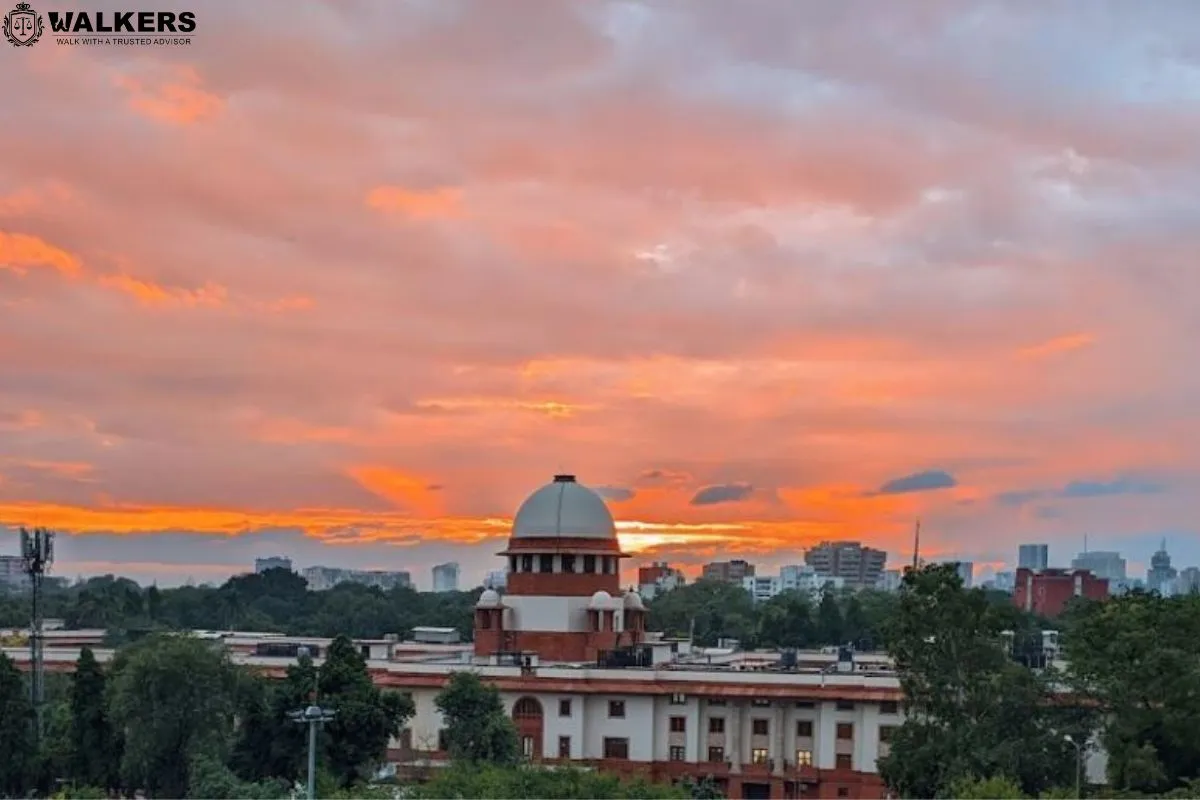


During a hearing on Tuesday, the Central Government informed the Supreme Court that it was considering the formation of an expert committee to evaluate whether the current practice of executing a death row convict by hanging is proportionate and if there are more suitable alternatives available. The discussion was in response to a PIL seeking the abolition of hanging as a means of execution, citing prolonged pain and suffering, and proposing alternatives such as intravenous lethal injection, shooting, electrocution, or gas chamber.
In the previous hearing, the Supreme Court had raised concerns about the pain and suffering caused by hanging and had asked the Attorney General to provide data on the impact of this method of execution. During the current hearing, the Attorney General informed the bench that he had recommended the formation of an expert committee to determine if there are better alternatives to execute the death penalty. The Chief Justice of India noted that the matter will be heard after the court's summer vacations, in July.
Advocate Rishi Malhotra has filed a petition seeking two prayers in the Supreme Court. Firstly, to declare the provisions contained in Section 354(5) of the Cr.P.C. 1973 as ultra vires the Constitution and against Article 21, as it is discriminatory and violates the Fundamental Right to Life. Secondly, to declare the Right to Die by a dignified procedure of death as a Fundamental Right under Article 21 of the Constitution of India.
Malhotra contends that the current practice of executing a death row convict by hanging is barbaric, inhuman, and cruel, and goes against the resolutions adopted by the United Nations Economic and Social Council. He argues that the entire execution process takes more than 40 minutes and inflicts unnecessary pain and suffering on the prisoner. He suggests that alternatives such as shooting or intravenous lethal injection would be quicker and cause less suffering, with the latter method taking only five minutes.
The United Nations Economic and Social Council has categorically resolved that any capital punishment that occurs should be carried out in a way that inflicts the minimum possible suffering. Malhotra believes that the current practice of hanging a prisoner by the neck until they are dead goes against this principle. The Supreme Court will consider the petition and the arguments put forth by Malhotra.
TAGS: Central Government Supreme Court death penalty hanging expert committee proportionate alternatives intravenous lethal injection shooting electrocution gas chamber PIL Rishi Malhotra Article 21 Constitution United Nations Economic and Social Council Capital punishment Fundamental Right Right to Die barbaric inhuman cruel suffering prisoner.